Vegan Life | Health
I Accidentally Quit Coffee. And It Changed My Life. (More Energy, Less Anxiety!)
July 10, 2020
Contents
- Caffeine Withdrawal
- Quitting Coffee without Withdrawal Symptoms
- Benefits of Quitting Coffee
- Better Sleep and More Energy
- Less Anxiety
- Quitting Coffee Changed My Life
- Staying Caffeine-Free
- Update: October 2022
- FAQ
- Does caffeine affect weight or appetite?
- You quit coffee, but you still drink hot cacao, which has caffeine, so what’s the point?
- Is decaf coffee okay, or should I quit that too?
- Should I quit caffeine? How do I know if this applies to me?
- Are you still off coffee? How do you resist the temptation to go back?
Updated: October 9, 2022
“It's just one cup of coffee a day, I know people who drink 3, or 4, or 5... I'm definitely not addicted.”
“Most days, coffee is the only thing I have to look forward to—it's my self-care ritual.”
“I can't focus without my coffee.”
These were all things I told myself to justify my caffeine habit. I'm not the type of person who likes to be dependent on anyone or anything, but I felt sure I wasn't addicted. Until one day, I was really short on money and I couldn't get groceries until payday. That was 5 days away. And I was out of coffee.
“It'll be fine,” I thought. “A few days without coffee won't kill me.”
Little did I realize, those few days would change my life.
Caffeine Withdrawal
Day one without coffee, I was tired. I was really feeling like I could use some coffee to wake me up, but I expected to be tired and I fought through it.
On day two, the headaches began. I was completely and totally exhausted. I felt like I'd been hit by a bus. This was the day I realized I had an actual caffeine addiction. That was not expected.
Throughout most of my twenties, I was just drinking coffee occasionally. Then as I had started working from home, and my mornings were less rushed, coffee became part of my routine. Even as I later returned to working outside the house, I maintained my morning coffee ritual. But it was just one cup a day.
To be clear, I wasn't drinking one cup of American coffee a day. I was drinking a small moka pot of coffee, which is the equivalent of about 3 shots of espresso. So, it was a stronger cup than most Americans drink, and I had a pretty high caffeine intake. But I never thought it was enough to cause an actual addiction.

When I realized I was addicted, I committed to stopping entirely for at least thirty days. I was already going through the worst of the withdrawal. So I figured that I may as well keep going and completely detox from caffeine. I really wanted to see what my life would look and feel like without needing to drink coffee.
Fortunately, the withdrawal didn't last long and by the third day, I was already feeling much better. And I was beginning to feel the benefits of quitting caffeine.
Quitting Coffee without Withdrawal Symptoms
If you want to quit caffeine and avoid withdrawal symptoms, the best way is to gradually cut back on your caffeine consumption. Start by making your coffee half decaf and half caffeinated. Or if you're drinking multiple coffees a day, cut back by one coffee for a week at a time, until you're completely off coffee.
The downside to this approach is that it may take quite a while to quit completely. If you want to quit cold turkey as I did, you'll have some rough days, but you'll also start to see the benefits sooner. For me, it was just 3 days, but the exact timing can vary from person to person.
If you do quit all at once, I recommend doing it when you have a few days off to rest. That way, you can listen to your body and sleep if you need to. Be sure to drink plenty of water. You may also want to keep an over-the-counter pain reliever on hand, in case the headaches get really bad.
Benefits of Quitting Coffee
Although things were bad for the first few days, by the third day, I started feeling the benefits of quitting coffee. I was sleeping better and it was easier to wake up in the morning. I had more energy throughout the day, and I could think more clearly. Perhaps most surprisingly, I was experiencing less anxiety.
For many people, quitting coffee can also have several health benefits. For one, coffee is quite acidic and can degrade your tooth enamel, which can lead to further problems such as tooth decay. Caffeine consumption may also cause or contribute to heart palpitations in some people. Many people also experience high blood pressure for a few hours after drinking caffeinated beverages. Caffeine consumption has even been linked to changes in estrogen levels for women, although the exact effects vary for women of different ethnicities.
Better Sleep and More Energy
On the third day, I noticed it was easier to wake up in the morning. I have never been a morning person, and I'm still not. But when I was drinking coffee, it was almost like there was this additional weight holding me down in the "sleep realm." The “weight” I have to overcome in the morning to take that first step out of bed is so much lighter now.

I had been drinking coffee thinking it was helping me be less tired. After a few days without it, I realized that in reality, it was making me even more tired. Yes, it was giving me a little boost that lasted maybe three hours. But for those three hours, I would have that “wired” feeling, not the natural alertness that I feel now. Along with higher energy levels, I also notice that I can think more clearly, and I'm more productive overall.
Less Anxiety
I also started noticing that I wasn't so “on edge.” I've had anxiety for quite some time, mostly triggered by financial stress. When it's at its worst, I can't think clearly, and the voice that tells me about all the things that could go wrong is so loud that it overwhelms the other more reasonable thoughts in my brain. But after a week without coffee, I started noticing a marked reduction in my anxiety.
I thought it was just a coincidence. Maybe I was less stressed that week. But I had just quit coffee because I literally ran out of money to buy coffee, so I probably wasn't less stressed. I also realized that my anxiety had gotten worse since I started drinking coffee daily (although that could also be attributed to increased financial stress during the same time period). I started wondering if anyone else had seen their anxiety reduced by quitting coffee. I searched Google, and sure enough, lots of other people had a similar experience.

It turns out that caffeine triggers your adrenal glands to produce cortisol, the stress hormone, and epinephrine (aka adrenaline). When combined with stress, caffeine increases cortisol production even more. These hormones are normally produced in stressful situations, and increase your alertness to help you respond better to that stress.
If you're being chased by a lion, for example, having high levels of these hormones will give you a better chance of escaping. But these hormones are only meant to be produced in large quantities during stressful circumstances. Caffeine keeps you alert by producing these hormones and tricking your body into thinking it's facing a stressful situation all the time, even when it's not.
Obviously, added stress hormones are not helpful for overcoming anxiety.
Quitting Coffee Changed My Life
After I experienced the change in my energy and anxiety levels, I realized I didn't want to drink coffee ever again. My life was changed so much that I couldn't see myself ever going back.
Quitting coffee didn't cure my anxiety entirely. But it did eliminate its dominance over my life. I still have anxiety when I am in a stressful situation; I still have thoughts that tell me that whatever is happening is going to end in disaster. But the volume's turned down a little. Just enough that I can hear the other thoughts in my head that are coming up with another way to handle the situation to avoid said disaster. And suddenly, this situation turns from certain disaster to “this could turn out okay or even better.”
Staying Caffeine-Free
One of the hardest things for me about quitting coffee was losing the comfort and routine of a warm, delicious drink in the morning. So instead, I started drinking hot cacao with maca root. At first, it was difficult to get used to drinking. It's thicker than coffee and sometimes feels like more of a wintery drink. But now I look forward to it. The maca root also has its own benefits that further reduce my anxiety and help give me balanced energy without feeling jittery. Still, I go through periods where I leave the maca root out of the hot cacao. Although it's helpful, I'm wary of becoming overly dependent on anything else. I also drink herbal tea or decaffeinated green tea when I want something a little lighter than the hot cacao.
I want to point out that cacao does contain caffeine. But it doesn't have as much caffeine as the coffee I was previously drinking. Two tablespoons of cacao powder contain around 20-40 mg of caffeine, while a small moka pot of espresso has over 300 mg of caffeine. (I was never really into energy drinks like Red Bull, but they typically contain around 70-110 mg of caffeine per can; yerba mate tea has about 80-90 mg per cup, and a cup of green tea has around 30-50 mg). The small amount of caffeine in cacao is not enough to affect me the way coffee did, but everyone is different, so listen to your body.

I thought the most difficult part of quitting would be passing by the fresh coffee beans in the grocery store without buying a bag. I was really picky about my coffee and I had gone through so many varieties to find the most delicious bean (Allegro's Espresso Bel Canto at Whole Foods Market, by the way... it is available in decaf). But honestly, now I just enjoy the smell and keep moving. The shift in my life and my emotions has been so dramatic that I have no desire to ever go back to where I was.

It's been over a year since I quit coffee, and I have only had a decaf coffee maybe once or twice when I was out at coffee shops with friends. Other than that, I'm just not interested. I remember the thoughts I used to have and I'm in shock (for example, “It's the only thing I have to look forward to in my day”). Those thoughts are similar to an abusive boyfriend who tells his girlfriend he's the only one who will ever care about her. I can't imagine believing that about a man. So the idea that I actually thought that... about coffee... it's crazy!
For most people, drinking coffee once a week or a few times a week is probably totally fine. Quitting coffee entirely may not be right for everyone. But for me, I took the extreme route because coffee was having extreme effects on my life. Quitting coffee changed my life, and I can't see myself ever going back.
Update: October 2022
With the perspective of more time behind me, I thought it was time to give a quick update on how I'm doing today:
I still definitely feel that I have more energy than I did when I was drinking coffee. But in recent years, I have realized that I do have to be careful about getting enough sleep. Because if I don’t, then I’ll be tired, and I don’t have coffee to rescue me.
The most challenging thing for me these days is anything requiring me to sit for long periods of time. I do get tired in those circumstances. Right now, I’m studying Chinese at a university in Taiwan, and there are 2 days a week when I have 4 straight hours of classes in the morning. They’re pretty interactive classes, but if I don’t get enough sleep, I’ll definitely be tired after about 2-3 hours of sitting in class.
If I’m cooking or doing something else where I’m up and active, then I won’t get tired. But if I'm sitting to edit a video, for example, I can only manage maybe 2-4 hours before I have to switch tasks to something more physical.
And I do think that’s kind of the natural state of humans. I don't think we’re meant to be sitting for so long. So I understand why people still choose to be caffeinated. We’re in a society that values productivity, and caffeine in some ways allows you to be superhuman.
I was listening to an interesting book called This is Your Mind on Plants by Michael Pollan. One-third of his book is dedicated to caffeine, and the author discussed that historically, the increasing popularity of coffee in Europe also came along with increasing amounts of work that humans were able to produce. And so according to his theory, our modern work culture probably wouldn’t exist without coffee culture.
Today, I’m in Taiwan and coffee is not as popular here. Tea is very popular, but it also has a lot less caffeine. The people here also work a lot and seem to value productivity. So you could also make the argument that the high doses of caffeine in coffee are probably not necessary for high levels of productivity.
There are still times when I’m tired and I just want to power through and finish a project instead of going to sleep. And sometimes I think it would be nice if I just had a cup of coffee to help me get this stuff done. But ultimately, I never really seriously consider it because I don’t want to head back down that road.
FAQ
Does caffeine affect weight or appetite?
There have been some studies on this. It's possible that there's a link, but I haven't seen anything conclusive. So I can only really speak to my own experience. I personally did not see any change that I could associate with quitting coffee. If anything, I could say that I’ve been a little more physically active since quitting coffee because I have more energy. But I don’t think the difference was enough to cause a noticeable weight loss.
You quit coffee, but you still drink hot cacao, which has caffeine, so what’s the point?
First, the cup of coffee I was drinking had about 250 mg of caffeine, while my cup of hot cacao contains about 25 mg. So I didn't eliminate all caffeine, but I cut it by about 90 percent.
To think of something as all good or all bad is too black-and-white for me personally. I did quit coffee completely, but I don't believe it has to mean that I’m never going to have small amounts of caffeine ever again.
I didn't quit for the sake of quitting—I quit because of how I feel: having more energy, and less anxiety. If I needed to quit all caffeine to feel better, I probably would, but with the small amounts I consume now, I already feel much better and I don’t have the side effects I had when I was drinking coffee every day.
I don’t think there’s a one-size-fits-all solution for everyone. If you want to quit caffeine entirely and that works for you, that’s great. If you want to switch to decaf and still have a little caffeine, if it works for you, perfect. For me, it’s all about the result.
Is decaf coffee okay, or should I quit that too?
Decaffeinated coffee does contain caffeine, but much like my hot cacao, it's significantly less. You'd have to drink a lot of decaf coffee to get the caffeine in one cup of regular.
The question is, how do you feel? If you think you could feel better, you can always try giving it up for a week or month and see what happens.
Aside from the caffeine, some decaf coffees are made by soaking the beans in chemicals. Some people are wary of many decaf coffees for that reason. There are, however, decaf coffees made using the Swiss water process, which is generally regarded as the most natural option for decaf.
Should I quit caffeine? How do I know if this applies to me?
I can't give anyone advice for their personal situation. I can only share my experience. If you think you could feel better than you do now, do some more research, consult with your doctor, and if you decide that quitting might be right for you, give it a try.
Are you still off coffee? How do you resist the temptation to go back?
Yes! I’m still off coffee. I really don’t deal with any temptation issues, mostly because of what I did when I quit.
The process of mindfulness that I used to quit is best explained in the book Unwinding Anxiety by Judson Brewer. I didn't follow his book at the time, but the method he describes is pretty much exactly what I did (even though I didn't know it at the time).
To give you a quick overview, the theory is that when we first form a habit, there’s an action, and a reward associated with the action. (Action: Drink coffee; Reward: Stay awake, concentrate better, produce better work). After this happens a few times, your brain makes the connection: Coffee equals reward.
Over time, though, the more you drink coffee, the less rewarding it actually becomes, as I described in the article. The problem is that this connection never gets updated in our brains, because it happens gradually, and we’re on autopilot. So in our brains, coffee still equals reward.
The way to rewire this connection in your brain is with mindfulness: being fully present and paying attention to the effects of the coffee; fully experiencing it. Your brain will start to realize there’s no longer a reward associated with drinking coffee. When your brain gets that, then the link gets broken. It’s that link that’s compelling you to drink the coffee. So if you break the link, you break the addiction.
You can develop mindfulness with practice, and there are exercises you can do regularly to help with that. If quitting is something you want to do but struggle with, I definitely recommend checking out Unwinding Anxiety, or the app that goes with it. The author goes into depth describing mindfulness exercises and the app will even prompt you to do exercises throughout the day.
Share this:

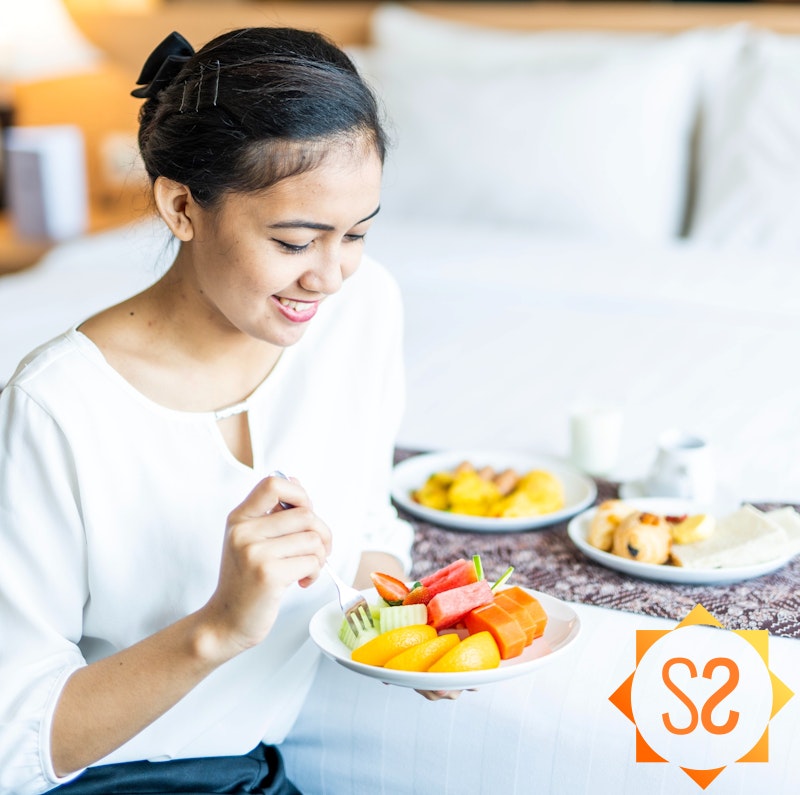
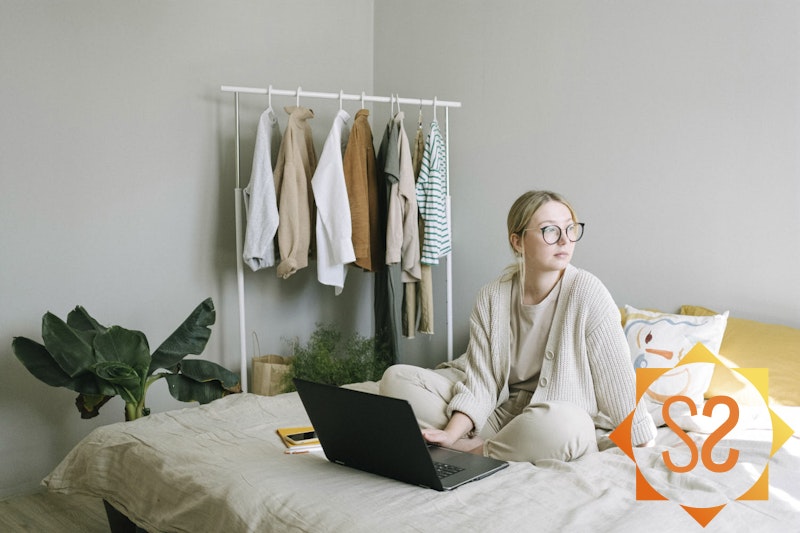
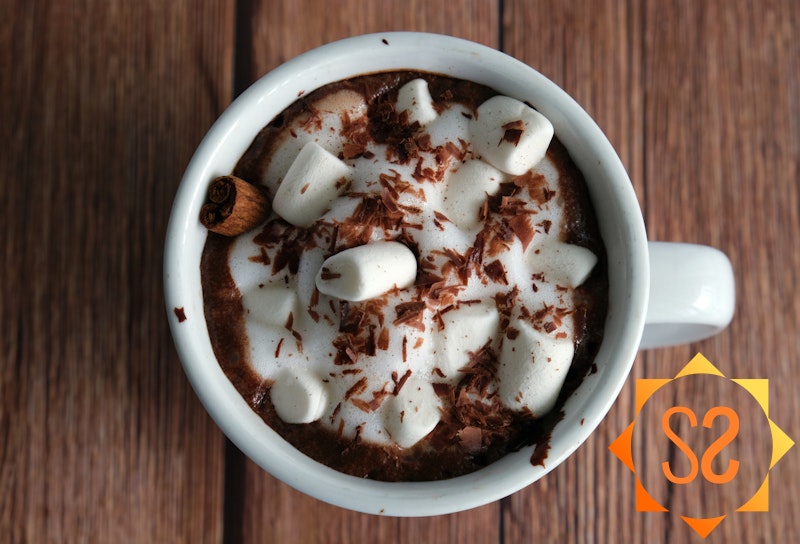
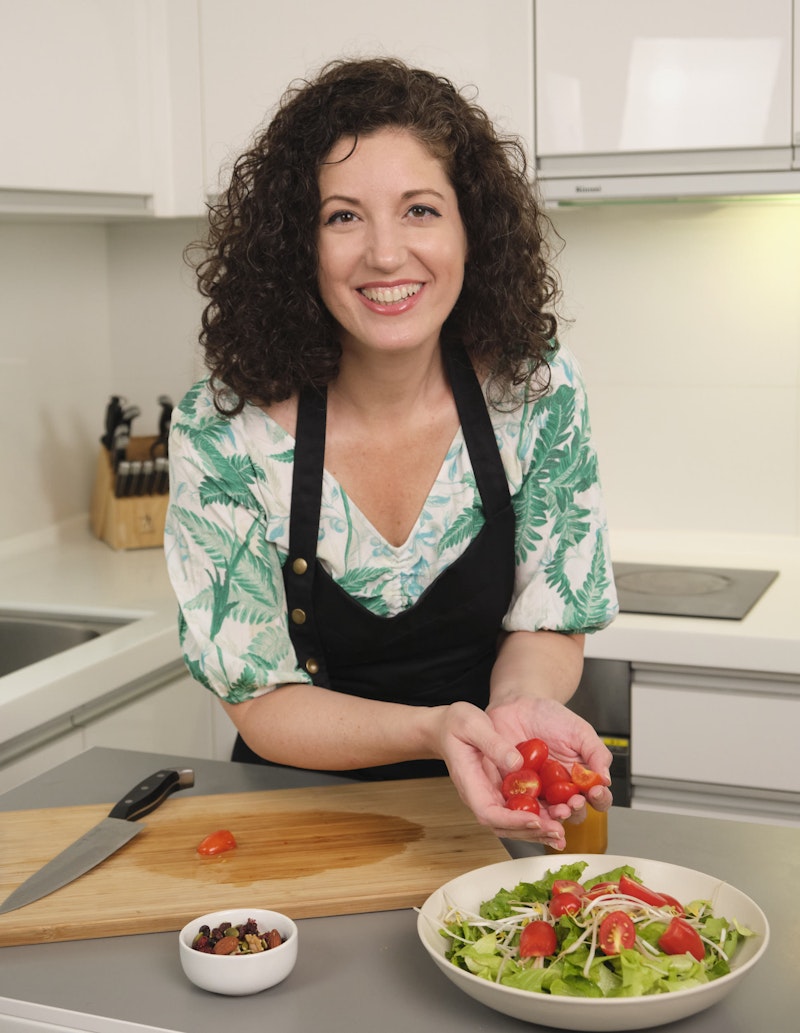


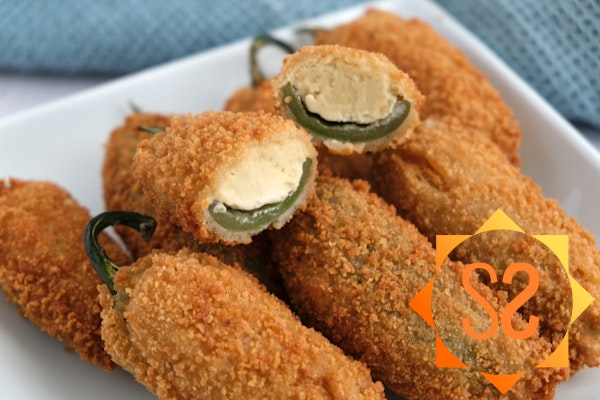


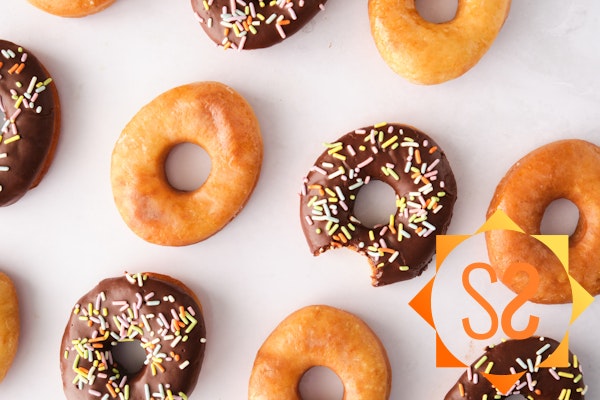
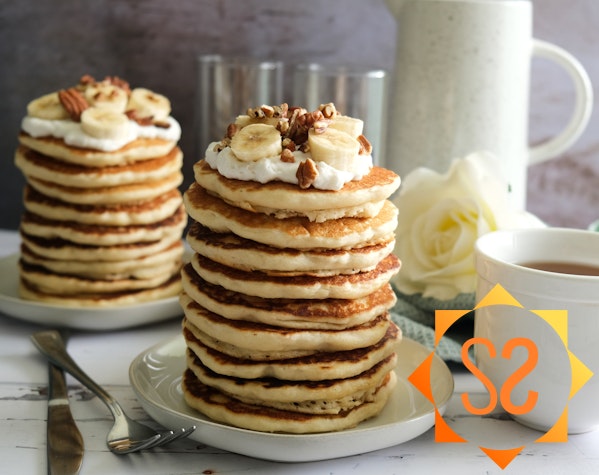
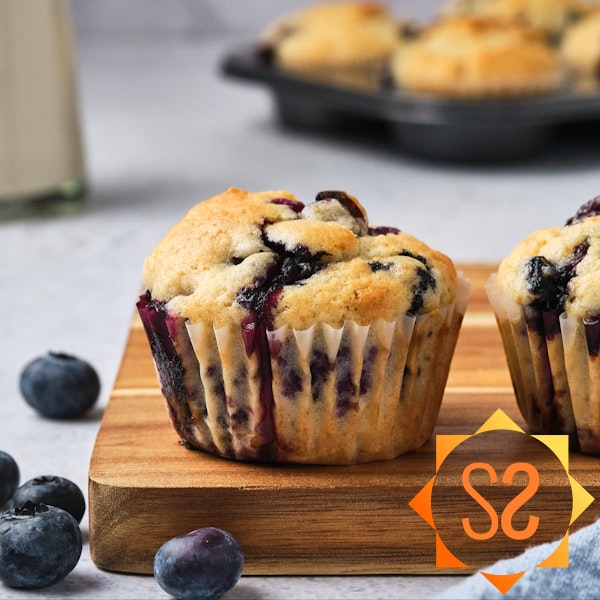


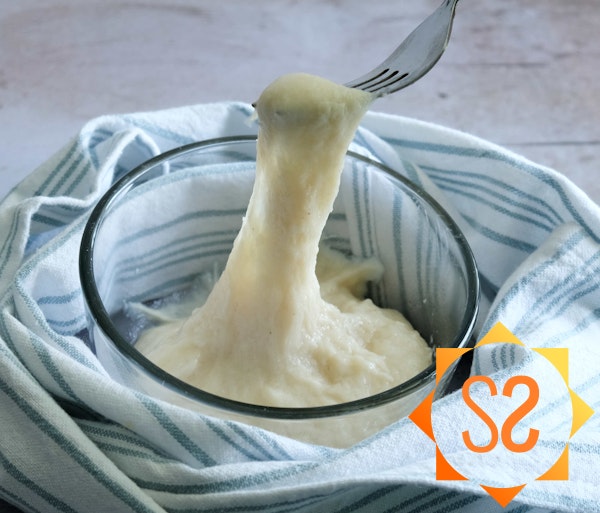

Leave a Comment
I love reading comments! I'll do my best to answer questions, too. If you made the recipe, please leave a star rating, it helps support the blog so I can make more recipes and articles. Thank you!
says